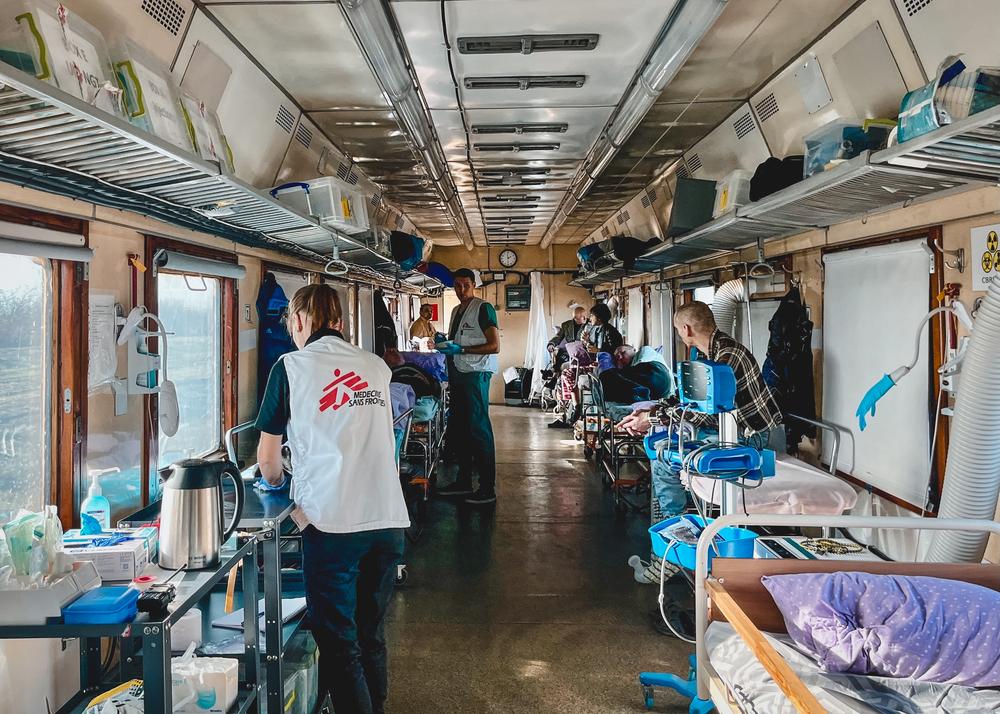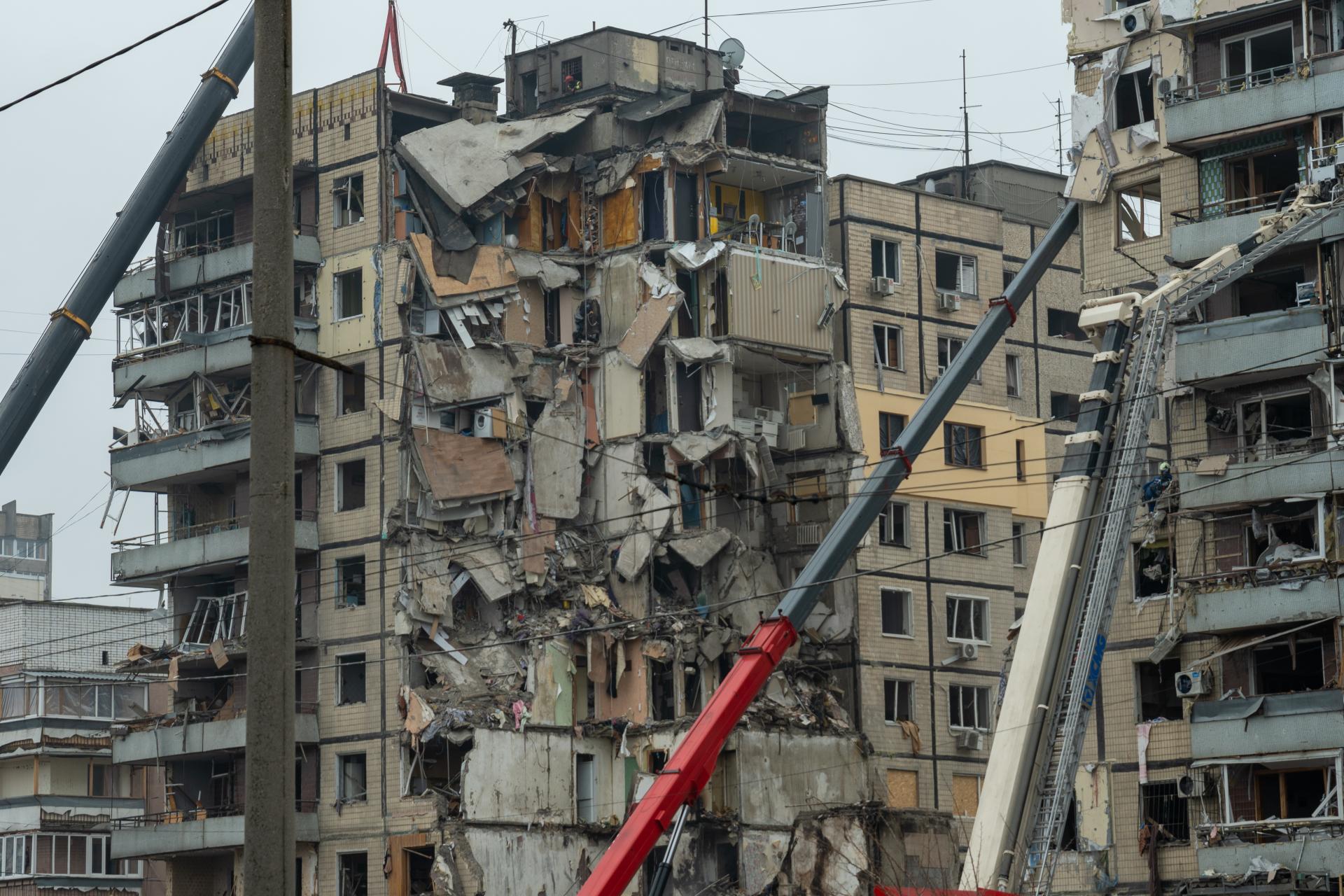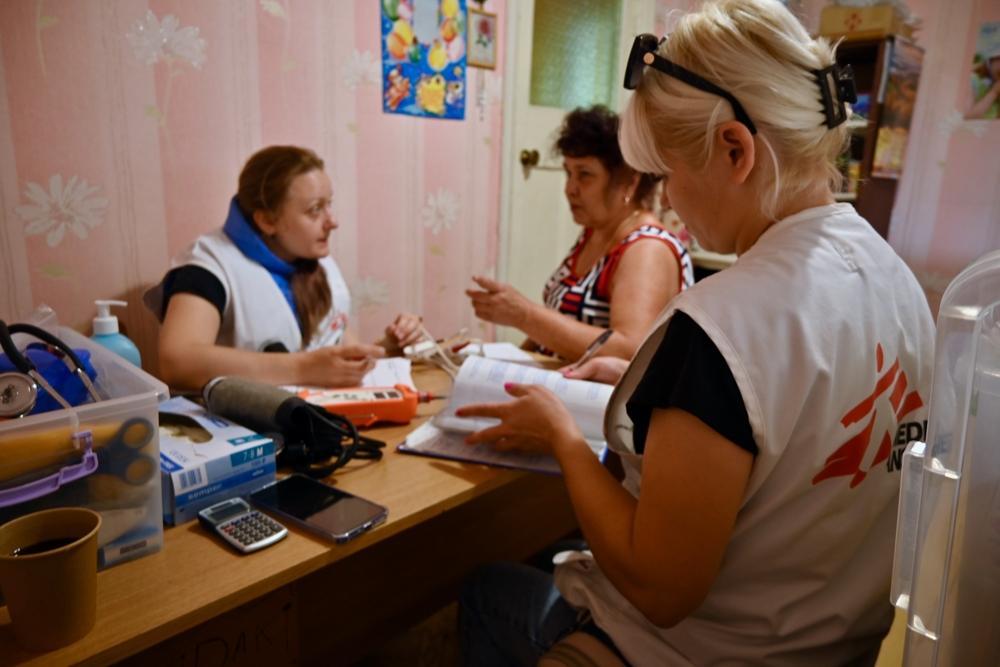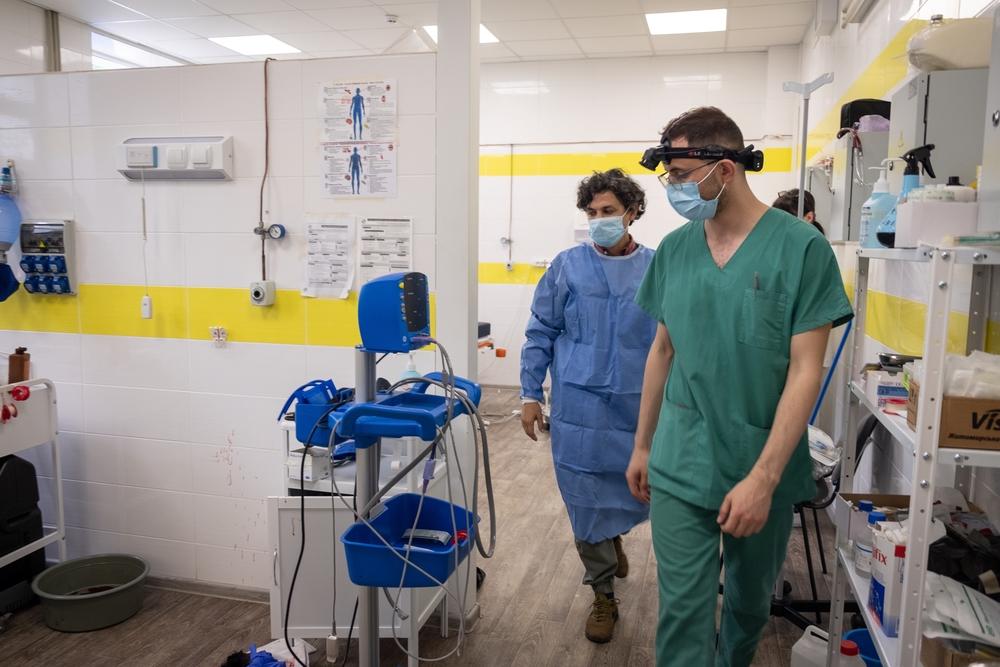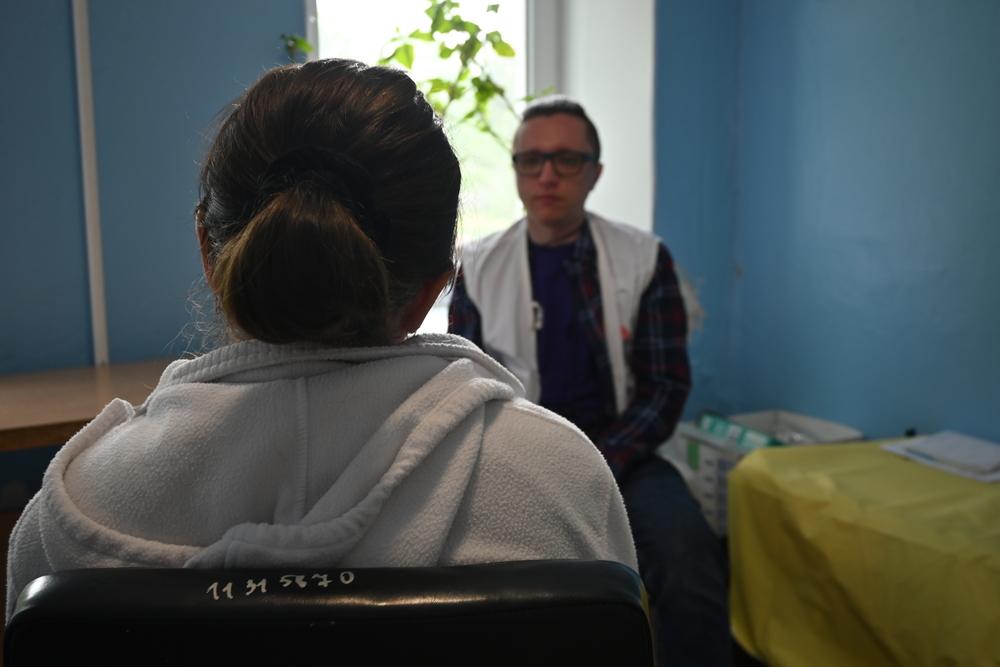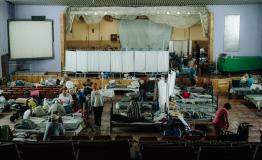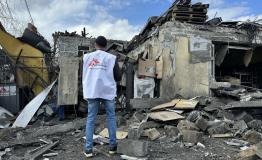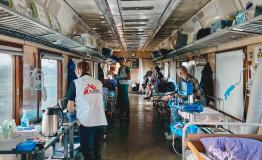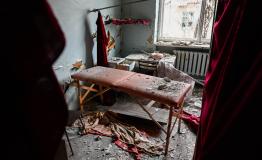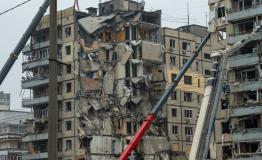In late February 2022, attacks by Russian forces on multiple cities in Ukraine have since caused the displacement of over one million people.
War has been simmering in eastern Ukraine since 2014. This war escalated on 24 February 2022 when the Russian forces started a full-scale military invasion across Ukraine. The war continues to cause civilian casualties and significant damage to critical and medical infrastructure, particularly in the east, southeast and northeast of the country, where the fighting is most intense.
In August 2022, the Ukrainian counter-offensives in the south (Kherson region) and in September 2022 in the east (Kharkiv region) saw substantial amounts of territory retaken. At the same time, heavy fighting is ongoing today in the Donetsk region surrounding Avdiivka and Bakhmut, in the Kharkiv region close to Kupiansk city, and in the Zaporizhzhia direction there are a few hot spots such as Novoprokopivka, Verbove, Robotyne.

